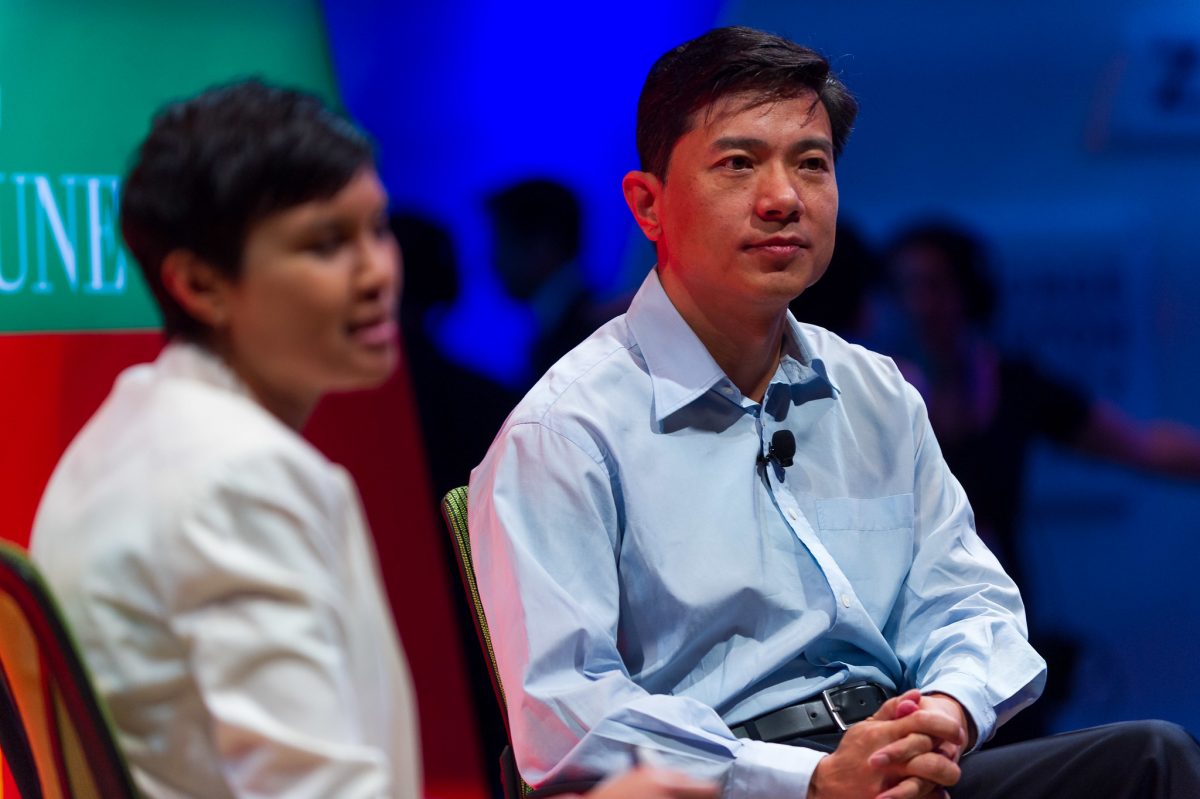
Baidu CEO Robin Li says he remains bullish on his company’s AI investments despite recent troubles.
This year, Baidu’s stock price has dropped 36 percent. Li used the Game of Thrones phrase that “winter is coming” following a first-quarter loss.
Baidu has since not only been asking employees to fly economy rather than business, and not to stay in five-star hotels, but even to reduce the number of paper towels and cups they’re using in the office.
AI is expected to open up new revenue avenues for Baidu amid slowing growth in its traditional search business. Li said he’s an “optimist” when it comes to AI’s ability to make lives better.
Li was speaking at the plenary session of the sixth World Internet Conference (WIC) in Wuzhen, east China’s Zhejiang province.
During the conference, Li made a rather bold prediction:
“Artificial intelligence will not destroy human beings but will give people eternal life. Everything every person has said and done, even people’s memories, emotions and consciousness, can be digitally stored on network disks or the cloud.
Machines can learn people’s way of thinking. When there are new problems, people can talk to future generations across time and space via technology.”
Baidu, or any other company, is likely some way off from achieving Li’s prediction – but it’s a fascinating insight about AI’s potential direction from a tech leader nonetheless.
Self-driving cars, particularly robotaxis, is one area where Baidu is investing heavily. Last month, the company launched public trials in the Hunan province consisting of 45 autonomous taxis.
Li highlights that self-driving vehicles don’t just provide an opportunity itself but also has a knock-on effect of requiring “urban transport infrastructure, especially the software, to be updated.”
Baidu is also expanding its influence and sharing its AI expertise globally.
In July, AI News reported that Baidu will help develop Intel’s Nervana neural processor. The increasing scrutiny from the US over Chinese influence in Western companies and infrastructure, leading to an increasing number of Chinese firms being added to an ‘entity list’, may reduce such collaborations.
China’s growth and influence is hard to ignore, especially in AI. China’s State Council released a roadmap two years ago aimed at making the country a global AI leader by 2030 as it ramps up competition with the US.
With the full backing of the Chinese government, it’s understandable why Li continues to be bullish about Baidu’s AI investments.
(Image Credit: Fortune Global Forum 2013 by Stefen Chow/Fortune Global Forum under CC BY-ND 2.0 license)

Interested in hearing industry leaders discuss subjects like this? , , , AI &





